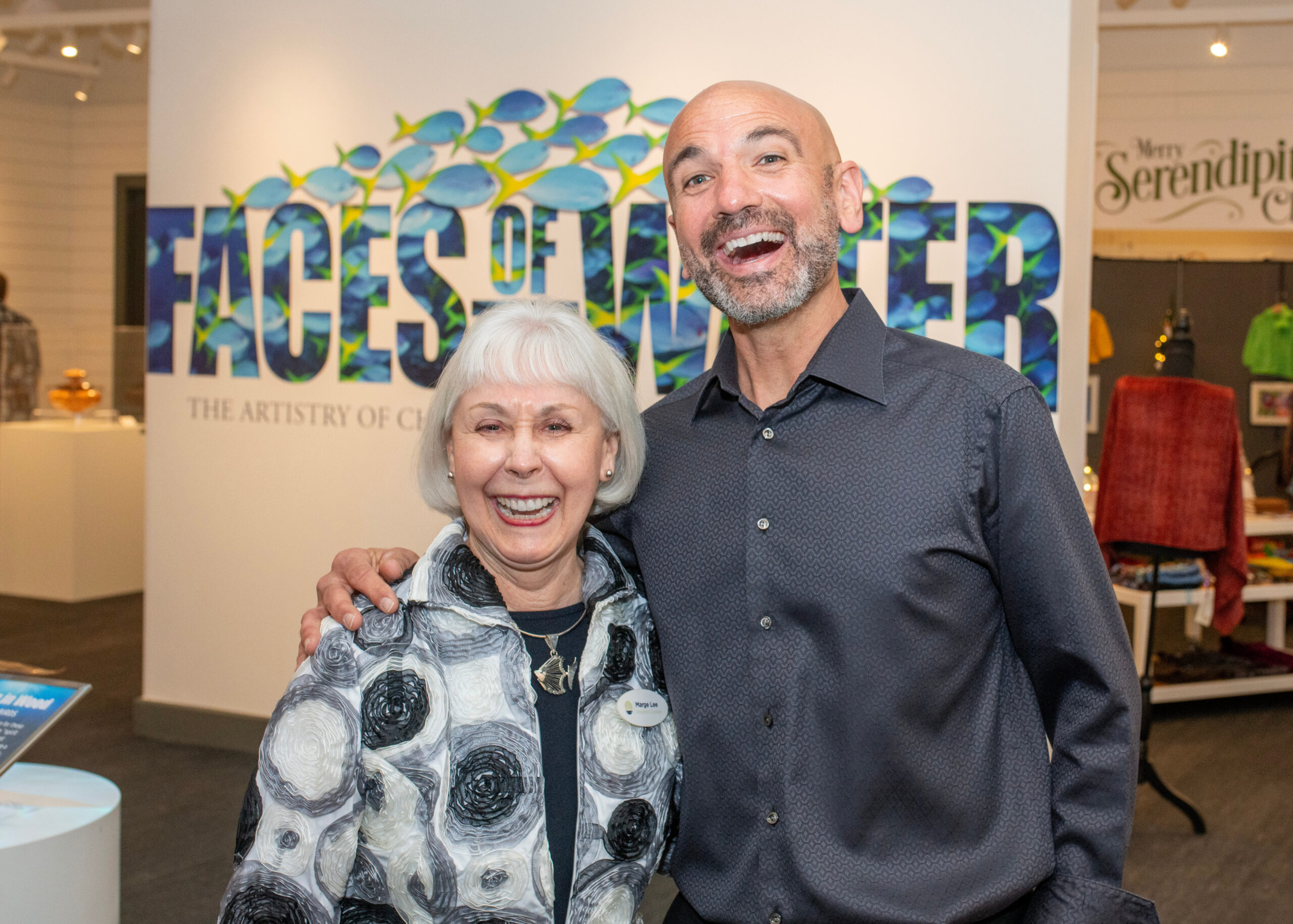Shell Point Residents and Their Roles in Olympic History
FORT MYERS, FL (September 15, 2000) – As we watch the beginnings of another Olympiad (the Games in Sydney begin on Friday, September 15), we can’t help but look back and remember the Olympic stories that enriched the lives of so many, including residents of Shell Point.
Residents Donald and Margery Bush think back to Tokyo in 1964, when their daughter, Lesley Bush, was an Olympic platform diver. “Our phone rang in the early morning hours,” says Margery, “and a voice asked how it felt to have a gold medal winner in the family. I told the reporter he was mistaken, and said she doesn’t dive until tomorrow. One hour later, Lesley called to say she indeed won the gold medal. We hadn’t figured the time difference correctly.” It was a significant feat for Lesley, in that she had only learned to dive from the 10-meter height five weeks before the games and was picked to finish dead last.
Lesley celebrated her 17th birthday at the Olympic Village in Tokyo. She would eventually attend Indiana University which, at the time, did not sanction women’s swimming or diving as official sports. She continued to compete, however, and won every national championship available to women. She made the 1968 Olympic team and was also an alternate on the 1972 team.
In 1987, she was recognized by IU and inducted into their Athletic Hall of Fame, one of only three women to receive such an honor. That same year, she was also inducted into the International Swimming Hall of Fame. In 1997, Indiana University held a ceremony to recognize female athletes like Lesley and to give them their varsity letters – some more than 25 years after the fact.
They all agree times have changed, but insist the Olympic experience will live forever. In Lesley’s case, her performance has indeed lasted to this day. Says Margery, “Lesley remains the last US woman to win the platform diving event. Perhaps we will have a winner this year.”
Leaving a Unique Mark on the Games
The next time you see an advertisement or piece of merchandise featuring the Olympic rings, look beneath the logo; you’re likely to find the phrase “36 USC 380” printed. That federal statute, which protects the USA Olympic identity, was authored by Dick Kline, now a Shell Point resident.
Dick’s career as litigator and counselor for the US Olympic Committee started in 1967 in Annapolis, Maryland. Two of his children began swimming in the National Junior Olympic program, which trains younger athletes for future Olympic competition. Through the involvement of his children and his wife, Eleanor, Dick began working for the organization. “I was quietly practicing law,” he says, “Until she pulled me in.”
Once he was “pulled in,” he quickly rose through the ranks and eventually began work for the USOC. Since then, he has attended every summer and winter Olympiad since 1972. He played a major role in negotiating television contracts, and also helped build an international marketing plan.
The federal statute was his biggest feat. It prohibited misuse of the USA Olympic logos and designations, and brought in royalties to the USOC for use of its trademarks. Thanks to that piece of legislation, the USOC now receives more than a billion dollars a year, which it uses to fund the programs that benefit Olympic athletes.
“I was in charge of enforcement,” says Dick. He would take bootleggers and other infringers from around the world to court to prohibit them from profiting from the Olympic rings. And what was his record? “In more than 500 lawsuits, I was undefeated.” That’s quite a box score.






